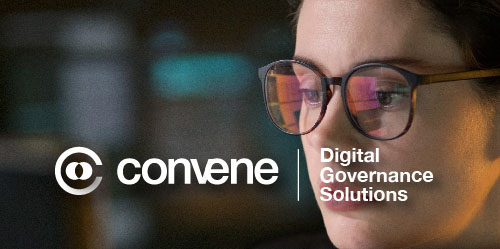Good governance is essential for charities to succeed in promoting their mission and making the world a better place. It supports their compliance with regulation and ensures that the organisation’s resources are well-used.
The Charity Governance Code was developed with the intention of supporting charities and their trustees to improve governance. The Code was developed by The Charity Governance Code Steering Group: a cross-sector collaboration designed to review, develop, promote and maintain the code.
Although the code is not a legal requirement, it recommends best practice for good governance and promotes higher standards for compliance.
What are the Seven Main Elements of Good Charity Governance?
- Organisational purpose
The board should be clear about the charity’s aims. This will allow them to establish a strong plan to deliver these goals effectively and sustainably.
This emphasis on organisational purpose follows the Charity Commission’s guidance, which states that charities must spend their funds on fulfilling their purpose.
- Leadership
The board of the organisation should provide effective leadership to achieve the charity’s aims. This means conducting a suitable selection process and ensuring good selection principles.
- Integrity
The board must act with integrity. Trustees should work to establish a culture that promotes consistent values and trustworthy processes.
Maintaining public trust is crucial to running a charity and the board should be aware of this. They need to promote the organisation’s charitable purpose and act according to their values.
- Decision-making, risk and control
Any decision-making processes must be given their due diligence. They should be informed, rigorous and timely, with reasonable monitoring processes. This involves effective delegation, risk assessment and management systems are in place.
- Board effectiveness
The board of the charity should work as an effective team, which means ensuring they have a good balance of skills, experience, backgrounds and knowledge to make informed decisions.
The board works as an effective team, using the appropriate balance of skills, experience, backgrounds and knowledge to make informed decisions.
- Equality, diversity and inclusion
Charities should take measures to encourage diversity and inclusion. This doesn’t just mean meeting targets, but ensuring the team has a diverse range of views and perspectives.
The charity’s approach to diversity will reinforce their effectiveness, leadership and decision-making.
- Openness and accountability
Openness and accountability means the governing body is responsible for their own actions and decisions. They must be transparent and deal openly with any consequences of their activities.
One of the main points of accountability is following the law including not-for-profit governance laws.
How Can Convene Support Your Charitable Organisation?
Convene is an award-winning Board Portal designed to digitise and streamline your meeting processes from start-to-finish. Our comprehensive features include:
- A Document Library with role-based access to ensure your sensitive documents are protected.
- A built-in Audit Trail, so you can be sure you are compliant with all regulations.
- Integrated Video Conferencing, so you can make the switch from remote to hybrid working seamlessly, whilst still viewing your Board Pack all on one screen.
- Surveys, with the option for anonymity, so you can be sure you are aware of your employees' opinions.
- Accessibility Features, including text-to-voice, which makes us the leading accessible Board Portal.
The software now also comes as an integration with Microsoft Teams, which provides the benefits of both Teams and a Board Portal.
If you’d like to learn more about how Convene can help your organisation achieve better governance, please don’t hesitate to book a free demo today!








